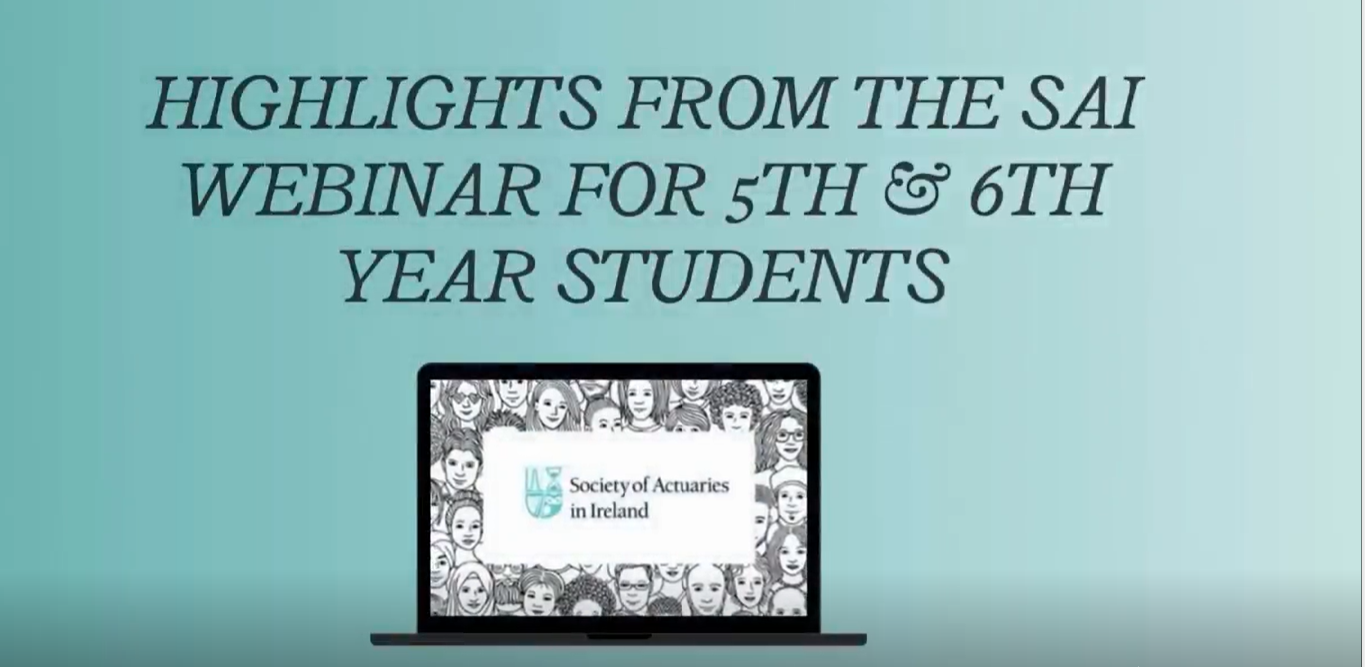Afraid that you won’t stick with your resolutions? I know someone who can help.
If you don’t have an accountability partner yet, I highly recommend that you seriously start looking for one as soon as you finish reading this article!
Find an accountability partner to achieve your goals
The following is an excerpt from my book The Savvy Woman’s Guide to Financial Freedom , published by Penguin.
“ The concept of accountability systems may sound a bit formal and daunting, but all it means is having people you can talk to in a focused way about your plans and goals. You already have accountability systems and accountability partners without realizing it. It’s the person that you rope into walking three kilometres with you every night when you start a diet; the study buddy who has their head in the books with you over Christmas; the friend who makes sure you don’t text ‘that person’ when you’re feeling blue after a night out and you really shouldn’t be texting them. An accountability partner is a person with whom you register a goal and then ask them to hold you accountable for achieving it.
Why not have regular board meetings?
They work wonders!
One of my accountability systems that has led to extraordinary results is my weekly board meeting with my husband and business partner. I love sitting down with him over good food and wine and without any time constraints, and we talk through our common passion, our business.
I love my board meetings and cannot recommend them enough. So, if you think you could benefit from establishing your own, here are some steps to help you:
- Find a time in the week (or every two weeks if once a week is going to be too difficult) when you are least likely to be distracted. A nice atmosphere is absolutely key.
- You can have these meetings with yourself, but I would strongly recommend sharing them with someone you highly trust, or, ideally, with your other half and/or members of your household who are interested in changing some area of their lives for the better. If you are a business owner, have the board meeting with your partner, associate, a member of staff or an adviser.
- Agree at the beginning what you want to achieve (hint: What are the most important things for you in your life/business at the moment?).
- Write out an agenda based on the themes you choose.
- Focus on what you can do. This is not supposed to be the time when the conversation descends into a full-scale argument about how you can’t change things (although sometimes those frank discussions need to be had). Instead, this is a wonderful time for talking about your hopes and dreams, and for figuring out how to move towards them. If there are obstacles in the way, think about what steps, however small, you can take to go forward in some way.
- Write down what you intend to do in the interim until the next board meeting and then hold yourself accountable.
Board meetings are only one example of an accountability system. Even if you’re not in a position to have a weekly board meeting, I would recommend that you find accountability partners, as they are a tremendous help when it comes to reaching your goals. However, it’s important that they do the same with you: the best accountability systems are based on reciprocity. If you’re trying to achieve something that takes willpower, perseverance and strength, it’s much more fun when you’re doing it with somebody else, so you can keep each other going if one of you flags.
Let me tell you about two accountability alliances I struck up. I met Sarah, who’s married to a friend of my husband, during a weekend break in Galway. Over a glass of wine after lunch, I started to talk about how nice it was to have the whole weekend off, meander through Market Lane on a Saturday morning, take the time to cook and reminisce about the wonderful four years I spent there while at university. She told me that I should take more time off and I said, ‘Yeah, yeah, I know. Everybody tells me that and I know they’re right, but I never seem to do it.’
Then she asked me a question that completely changed my view of things. She said, ‘What things will you regret when you’re eighty?’ Indeed, I had never thought about it this way. So I started to think. I certainly wanted to make my mark in the world. But would I regret not spending more time in the office? Very unlikely. I came up with a list of ten things I was sure I didn’t want to miss out on, and she said, ‘You have the time to change that now, so why don’t you?’
I turned the tables then and asked her the same question. Throughout the afternoon, we explored what we’d like to see if we were looking back on our lives sitting over a glass of wine decades hence. Our partners periodically stuck their heads in the door and asked, ‘What are you two doing, you’ve been in here for hours.’ After that, we agreed on a list of things to do, so that we didn’t get to the autumn of our lives with regrets about what might have passed us by. The things on my list were personal, and the things on Sarah’s were professional.
As for my other accountability partner, I met Mary-Anne at a business development programme that we attended a few years ago. We were both in the start-up phase of our businesses, a very exciting stage. However, we were facing the same issues: getting bogged down in emails, having high aspirations and trying to do everything at once, as well as attempting to be innovative and successful. The programme was great for touching base and questioning how far we had come since the last time we met.
When the programme came to an end, the two of us decided that we would have a monthly meeting to keep up the benefits of the course. We share business tips and techniques. We question each other’s high-level objectives – for example, she’ll ask me, ‘Have you written that proposal that will actually drive the business forward, or did you spend an hour reading other people’s social media updates?’ Since we are at similar stages in our businesses, she can shine a light on my situation and show me things that I’m too close to see. Similarly, I can look at her enterprise efforts from an objective perspective and say what I see.
Having an accountability partner is one of the
most precious things you can have because:
- It’s much more fun that doing something on your own. If you spend a lot of time managing situations on your own, it’s sometimes great to share them with somebody. You can tell them about your successes and difficulties while helping them with theirs. It’s lovely to give and to receive help.
- Somebody else is holding you accountable, which provides extra motivation. For example, Mary-Anne recommends not opening your emails until after lunch, as you can get sucked into replying to non-urgent emails at the expense of real development. As a result, if I’m meeting her next Tuesday and she asks me about that, I’d like to be able to tell her that I stuck to it all week, rather than having to sheepishly say that I’ll be better next week. Knowing that I have to answer to Mary-Anne makes me much less likely to click on that email icon on my desktop.
- If you start to flag, a good accountability partner will pick you right back up again. They will remind you of the reason why you started the initiative in the first place, what benefits you will derive from sticking with it, show you your success to date and help you to put your foot forward just that little bit more. We all have an impulse to help others and to enjoy the warm and fuzzy feeling that results. It’s wonderful to be able to help another bridge a gap that looks like an impassable abyss to them, and bring them closer to their goal.
I’m not saying that I would have failed to achieve anything without my accountability partners, but I don’t think I would have done as much so quickly, so effectively or so enjoyably. In addition, I don’t think that I would have sufficiently acknowledged my success along the way or been boosted by it to the same extent.
It’s lovely sitting down with my husband on a Friday night, looking back on a successful week, dreaming about what’s going to happen next and then pencilling it into my diary, hopefully without tempting fate. It’s fantastic sitting down with Mary-Anne and telling her excitedly about our latest opportunity, one that we went for and got. I’ve often found myself spontaneously sending my thoughts to Sarah, telling her about things I’ve learned about myself from taking time out, or the experiences that I would have missed out on by not making the effort that she ‘forces’ me to make.
Similarly, it’s awful to admit to any of the three that I didn’t do what I said I would do. Imagine hearing yourself say out loud, ‘Yes … I know I promised myself and you I would do that … I know I’m holding myself back …’: this is often all that’s needed to prompt you to take action.”
You can buy The Savvy Woman’s Guide to Financial Freedom through our secure online shop.








